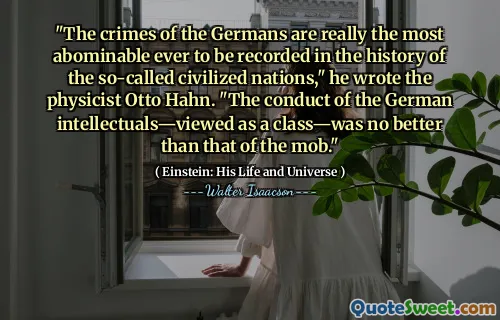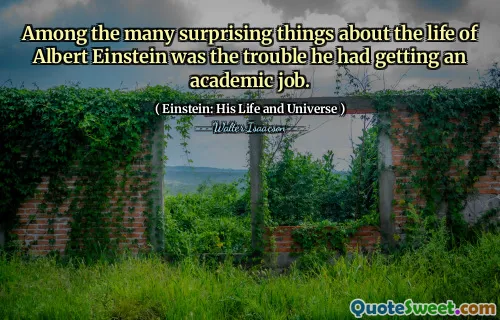In a paper he wrote in the spring of 1907, he began by exuding a joyful self-assurance about having neither the library nor the inclination to know what other theorists had written on the topic. Other authors might have already clarified part of what I am going to say, he wrote. I felt I could dispense with doing a literature search {which would have been very troublesome for me}, especially since there is good reason to hope that others will fill this gap.
In a paper from the spring of 1907, the author expresses a confident attitude as he embarks on his exploration of a topic without feeling the need to reference existing literature. He acknowledges that others may have addressed similar issues, but he is content to proceed without conducting a traditional literature review. This approach reflects his strong belief in the potential of future researchers to contribute valuable insights in the field.
This sentiment captures a sense of optimism and independence, suggesting that the author trusts in his own ideas while recognizing the importance of collaborative knowledge-building in the academic community. His decision to forego a thorough review indicates a focus on personal insight and originality, positioning him as a pioneer eager to share his thoughts rather than being encumbered by the existing body of work.








